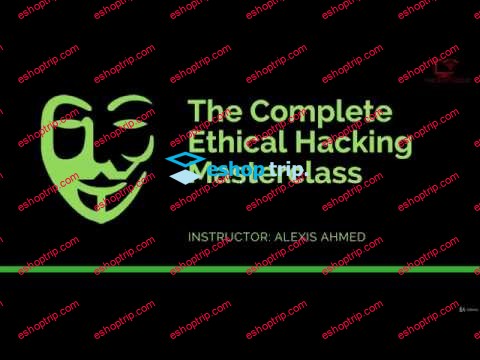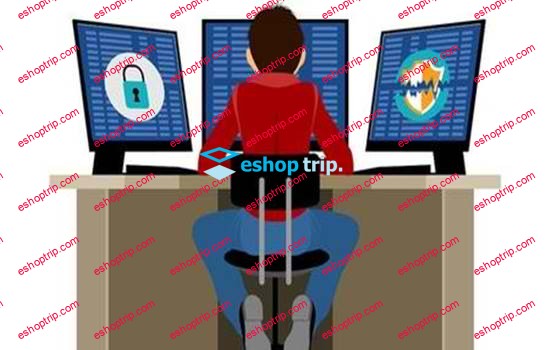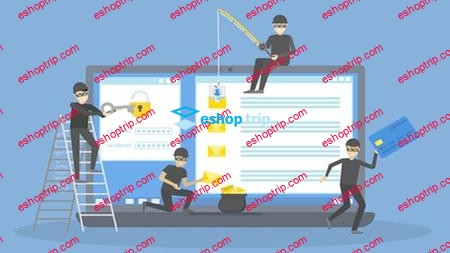Duration: 1h 51m | 14 sections | 33 lectures | Video: 1280×720, 44 KHz | 907 MB
Genre: eLearning | Language: English + Sub
Learn how to hack web applications and exploit OWASP top 10 security vulnerabilities.
Learn web application security vulnerabilities
Exploit Injection – SQL Injection, Command injection
Broken Authentication and Session Management
Sensitive Data Exposure
XML External Entities (XXE) attack
Broken Access Control/Insecure Direct Object References
Security Misconfiguration
Cross-Site Scripting (XSS) – Persistent XSS, Reflected XSS, Cross Site Request Forgery (CSRF)
Insecure Deserialization
Using Components with Known Vulnerabilities
Insuffcient Logging and Monitoring
Bonus Section – Unvalidated Redirects and Forwards
Show more
Show less
Basic IT skillsNo Hacking knowledge required
If you are looking for a course that provides good coverage of the important top 10 security vulnerabilities in Web Applications in a short and concise way then you have come to the right place !! This course is relevant whether you are looking for application that are deployed on cloud or physical servers and VM’s since the web application vulnerabilities don’t magically disappear just because the application is deployed on the cloud.
This course is focused on practical learning and applying your knowledge. To achieve that the course includes tutorial on how to install Xampp server and vulnerable applications on your machine so that you can practice what you are learning rather than just watch the tutorials.
There are many courses which mainly focus on how to exploit the vulnerabilities of physical servers but with the cloud being the preferred way nowadays to deploy application and also with advances made in securing physical servers learning those techniques may not prove to be very advantageous.
This course covers the below OWASP top 10 web application security risks –
1. Injection – SQL Injection, Command Injection
2. Broken Authentication
3. Sensitive Data Exposure
4. XML External Entities (XXE)
5. Broken Access Control
6. Security Misconfiguration
7. Cross-Site Scripting (XSS)
8. Insecure Deserialization
9. Using Components with Known Vulnerabilities
10. Insuffcient Logging and Monitoring
This course is for educational purposes only.
Who this course is for:Anyone who is interested in learning Web Application Hacking and Penetration TestingStudents, Developers, Testers, IT Professionals etc











Reviews
There are no reviews yet.